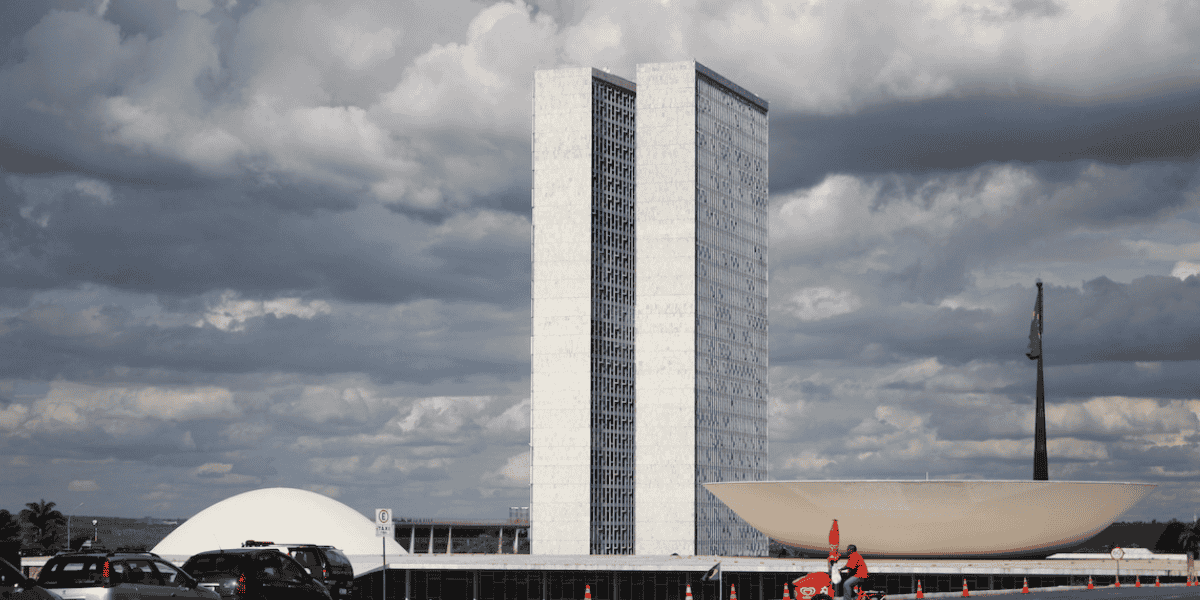The Mexican Tax Administration (SAT) announced the second renewal of the Qualified Maquiladora Approach Agreement (QMA) with the US Internal Revenue Service (IRS).
The SAT stated that the latest renewal preserves the core aspects of the QMA’s transfer pricing framework for fiscal year 2019 and earlier. Competent authorities have determined that it remains effective in aligning with the arm’s length principle.
A maquiladora is a manufacturing facility in Mexico, typically situated near the US-Mexico border, that imports raw or semi-finished materials from a foreign entity to produce or assemble a finished product, which is then exported back to the foreign entity. The owner, often based in the US, is referred to as the maquiladora principal and retains ownership of the inventory, machinery, and equipment. In essence, the maquiladora offers manufacturing services to its principal.
In 1999, the US and SAT reached an agreement on transfer pricing and other aspects of the tax treatment for maquiladoras of US multinational enterprises.
In 2016, US and Mexican authorities renewed and expanded the 1999 agreement to reflect revisions in Mexican tax rules on transfer pricing (TP), documentation requirements, and other tax attributes of maquiladoras. The renewal introduced several TP changes. Taxpayers with pending unilateral APAs could choose to apply the new TP framework, continue using the 1999 safe harbour, or transform their unilateral APA into a request for a bilateral APA with both authorities.
In November 2020, the IRS renewed the QMA, introducing new transfer pricing adjustments for maquiladoras. This renewal addresses double taxation risks and includes a new mechanism for managing intercompany receivables, especially concerning disputes over machinery sales due to domestic law changes.















